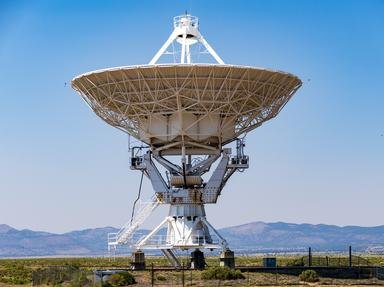Quiz Answer Key and Fun Facts
1. What is the more common name for our galaxy?
2. Astronomers tell us that our galaxy is which type of galaxy?
3. What would our galaxy most resemble if you were able to view it edge on?
4. What is believed to form the central core of our galaxy?
5. Space-travellers are unlikely to get lost in our galaxy due to which exotic stars, that act as natural lighthouses by emitting regular beams of radiation?
6. Which constellation would you be looking at if you were looking towards the centre of our galaxy?
7. In which arm of the Milky Way Galaxy is our Sun?
8. Around our galaxy is a spherical halo made up of old stars and some odd fuzzy-looking astronomical objects. What are they?
9. What are the two satellite galaxies of the Milky Way called?
10. In three billion years our galaxy is predicted to collide with which other galaxy?
Source: Author
Flamis
This quiz was reviewed by FunTrivia editor
crisw before going online.
Any errors found in FunTrivia content are routinely corrected through our feedback system.


